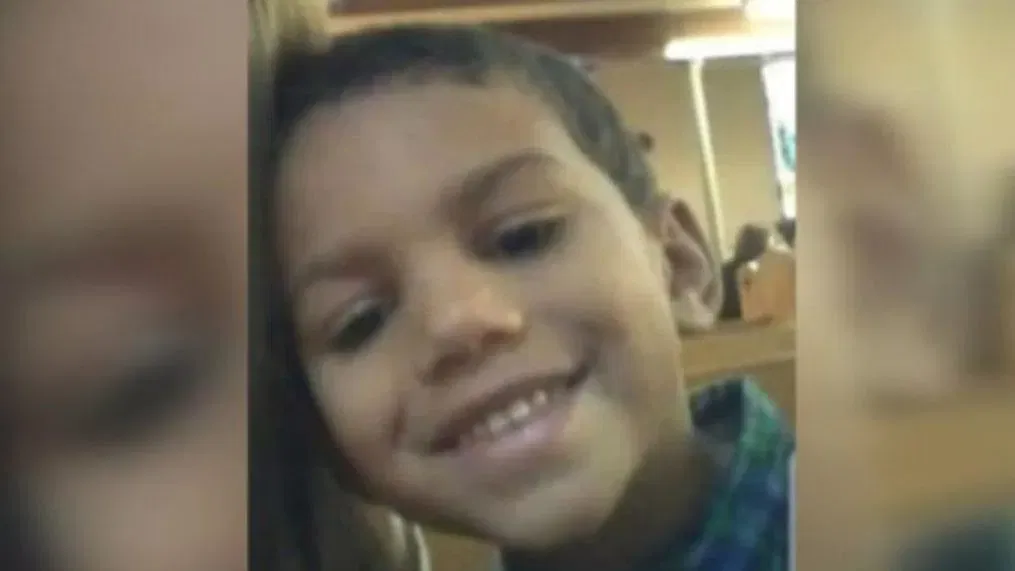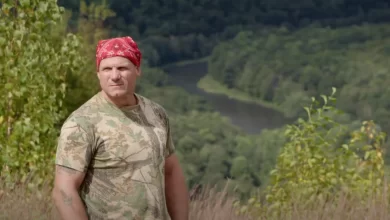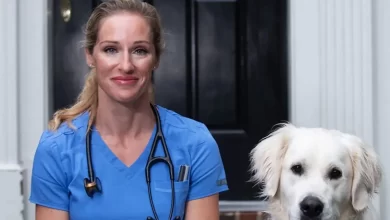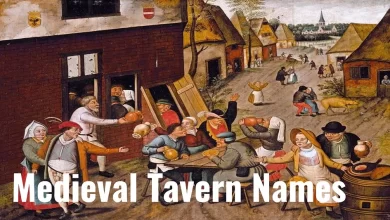
Takoda Collins: A Tragic Reminder of the Urgent Need for Child Welfare Reform
The tragic life and death of Takoda Collins is a heart-wrenching tale that sheds light on the profound failures of the child welfare system and the devastating consequences of abuse and neglect. Takoda Collins was a young boy whose life was cut tragically short, leaving behind a story that serves as a grim reminder of the vulnerabilities of children in the face of systemic inadequacies and the paramount importance of vigilance, advocacy, and reform in child protection services.
Takoda’s life was fraught with challenges from the start. Born into circumstances that were less than ideal, he found himself at the mercy of caregivers who were supposed to protect, nurture, and love him but instead subjected him to unimaginable horrors. Reports and investigations following his untimely death revealed a pattern of abuse and neglect that Takoda endured, painting a picture of a life filled with fear, pain, and suffering.
The details of Takoda’s abuse are harrowing. He was subjected to physical beatings and emotional torment, and he was often locked away, isolated from any semblance of care or compassion. The physical marks of his abuse were evident, yet the emotional and psychological scars he bore were even more profound. Takoda lived in a constant state of terror, never knowing when the next blow would come and always longing for kindness that never arrived.
What makes Takoda’s story even more tragic is the systemic failure that allowed his suffering to continue unabated. Despite multiple reports to child protective services from concerned teachers, neighbors, and even family members, the interventions that followed were insufficient to remove Takoda from his harmful environment. The mechanisms in place, designed to safeguard the welfare of children, failed Takoda at every turn. This failure raises critical questions about the effectiveness of child welfare systems, the protocols for investigating abuse, and the thresholds for intervention.
Takoda’s death, a direct result of the abuse he suffered, was a wake-up call to many about the dire need for systemic reform. It highlighted the gaps in communication and coordination among various agencies responsible for child welfare, the need for more rigorous training for caseworkers, and the importance of taking every allegation of abuse seriously. It also underscored the importance of community vigilance, where individuals and institutions are proactive in identifying and reporting signs of child abuse and neglect.
In the aftermath of Takoda’s death, there was a public outcry for justice and change. The community demanded accountability from those responsible for his care and from the systems that failed to protect him. Legal proceedings against his abusers brought some measure of justice, but the broader quest for systemic reform continues. Advocates for child welfare have called for more robust protective measures, including enhanced screening processes, better support for foster care, and more effective intervention strategies, to ensure that children like Takoda are rescued from harmful situations before it’s too late.
Takoda’s story is a stark reminder of the vulnerabilities of children and the catastrophic consequences of failing to protect them. It is a call to action for all members of society to be vigilant, to advocate for the voiceless, and to support reforms that strengthen child welfare systems. The lessons learned from Takoda’s life and death should inform policies, practices, and attitudes toward child protection, ensuring that no child has to endure what Takoda went through.
In remembering Takoda Collins, we must commit to making the necessary changes to prevent such tragedies from occurring in the future. It is our collective responsibility to protect the most vulnerable among us, to give voice to the voiceless, and to ensure that the systems in place to protect children are robust, effective, and compassionate. Takoda’s life, though tragically short and filled with suffering, can catalyze positive change, inspiring a future where the safety and well-being of every child are paramount.



